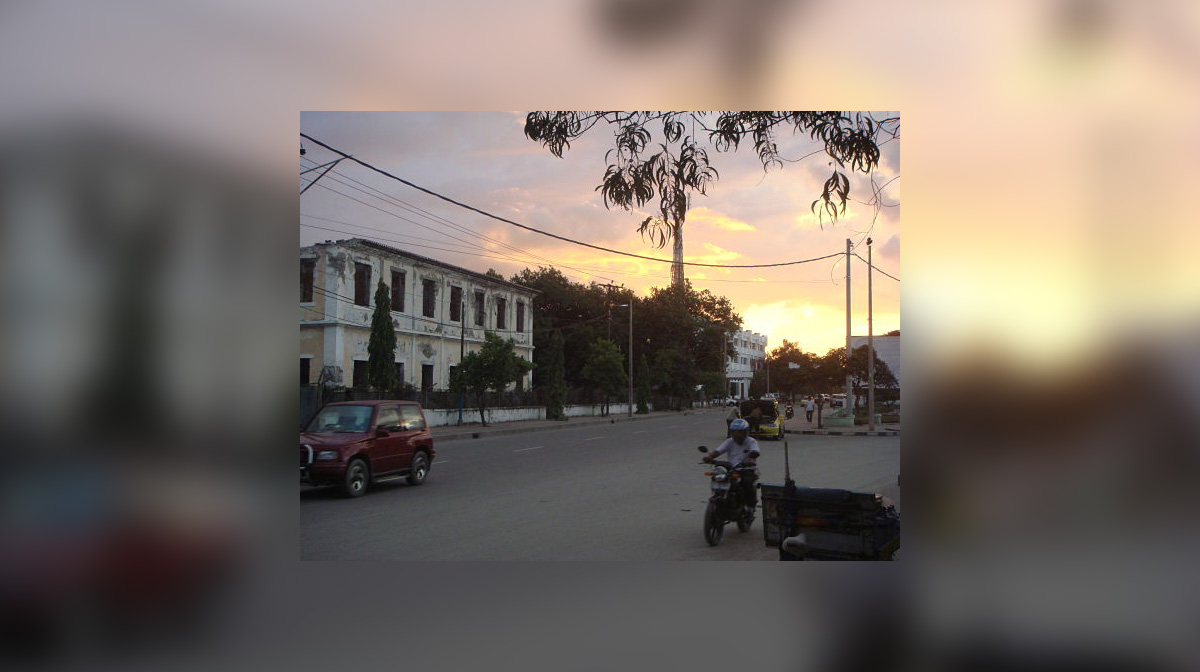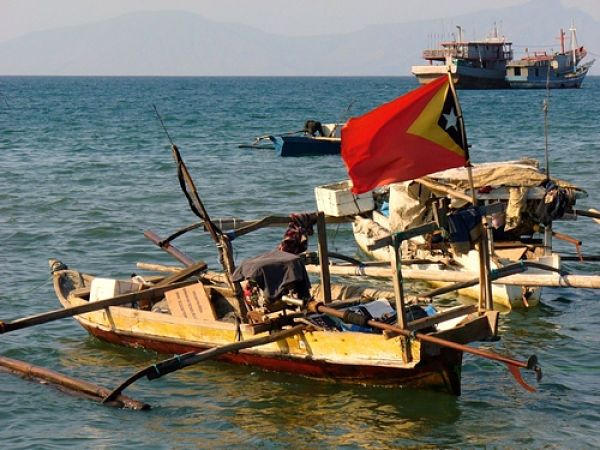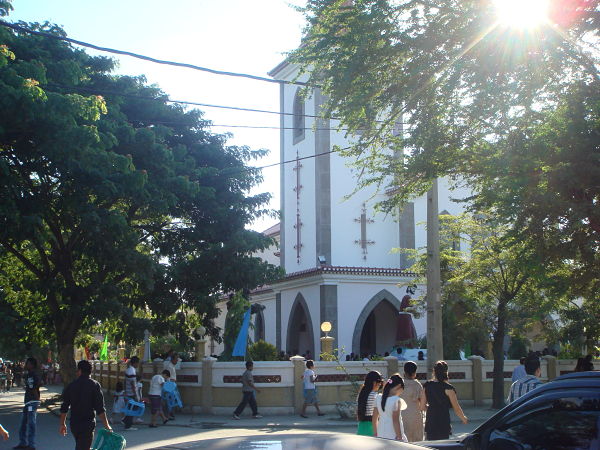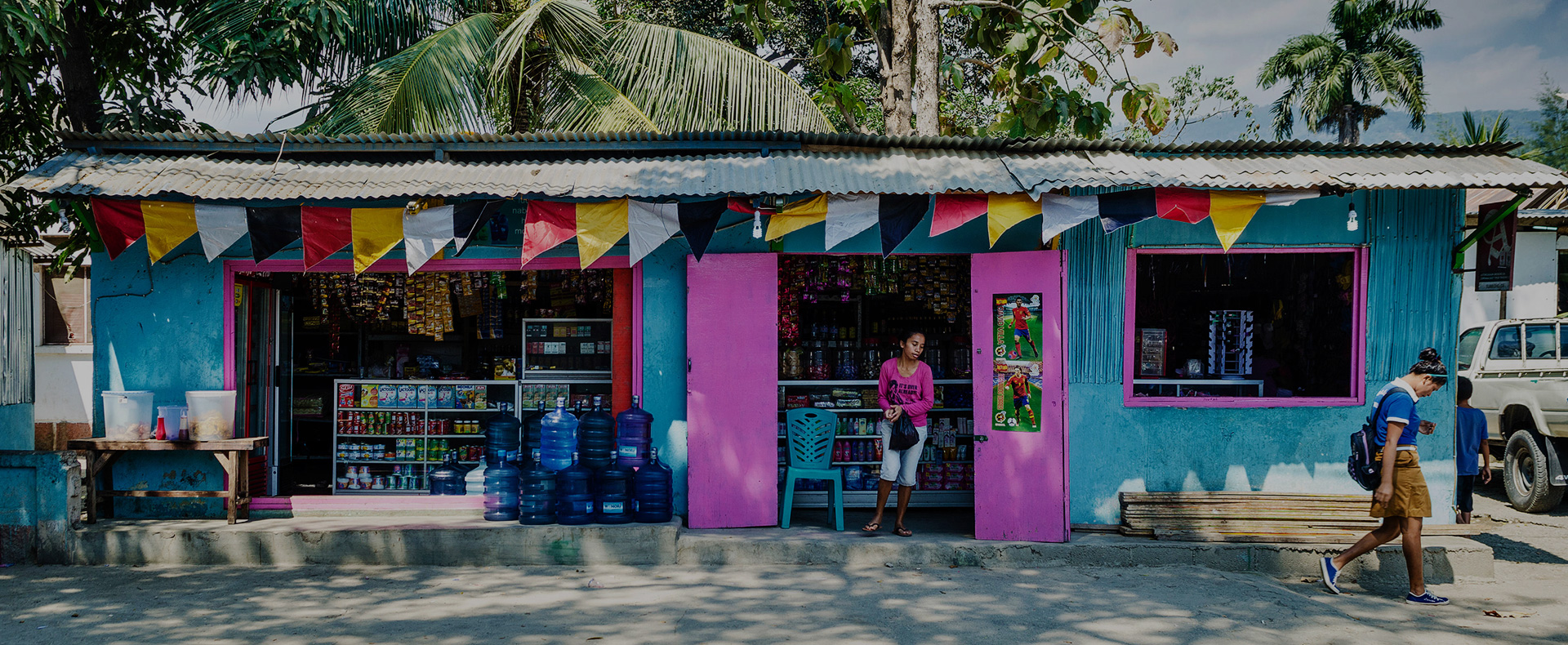Working in Timor-Leste

Landing in Timor-Leste provides an immediate insight into the condition of the world's second youngest country. On the final approach to Dili airport, the view is one of low-rise buildings, basic roads and the rare impression of a capital city which appears to be battling with nature for space.
The plane is the only incoming flight for two days, and taxis along the airstrip passing military and UN helicopters before pulling up next to the only path to the small terminal building. It feels like a bus stop interchange at the end of the line, as we queue to show our passports and pay the visa fee at a booth next to the entrance. The lone baggage carousel sits immediately next to the entrance, and the rudimentary baggage checks are a few metres away.
The heat then hits as we exit the building, and I'm suddenly very aware that I'm dressed for March in Scotland, not for this tropical climate. We move through the crowd of overly-willing taxi drivers and baggage carriers to our vehicle.
After discovering that Dili's roads have taken their toll on one of the tyres of my intended vehicle, we get into an aging taxi. I sit with a hole in the floor between my feet. On the roadside are a wide variety of buildings some grand and new, some basic shacks made from whatever materials were available, some clearly old and maintained on a slim budget and a few ruins dating back to the many troubled times of this island's history. We arrive at my fantastic hotel with a picturesque deck overlooking the sea. Despite my layers of clothing, the mosquitoes introduce themselves over dinner.

Over the next few weeks, I'm struck by the level of ambition of the country and the number of challenges facing Asia's newest country. Some great work has been done to push things forward in the short time since independence and yet fundamental issues such as an uncertain electricity network, poor road and internet connections and high import costs remain.
As the sole commercial legal advisor to the Ministry of Finance, I've immediately dived straight into trying to find solutions in these key infrastructure areas. In two short months, we have signed agreements which can pave the way to the country's first ever public private partnership arrangements to create a new Port and improved Airport to tackle import problems, entered into loan agreements to build up the road network, and progressed work in relation to the laying of an undersea cable that will deliver cutting edge internet and phone connectivity.
This remarkable secondment opportunity places me at the heart of key governmental initiatives, with excellent contact with the Minister of Finance and others in the Government Executive. Over the coming weeks, I'm going to be developing revised procurement legislation, delving into key electricity grid contracts and moving forward with plans to develop a Special Economic Zone and other initiatives to try and ensure that the Timorese benefit as much as possible from involvement in the oil and gas industry. DLA Piper is greatly valued by the Government, and I hope that we can continue to support their remarkable journey toward sustainable development and prosperity for all for many years to come.

Supporting Economic Development
in Timor-Leste
